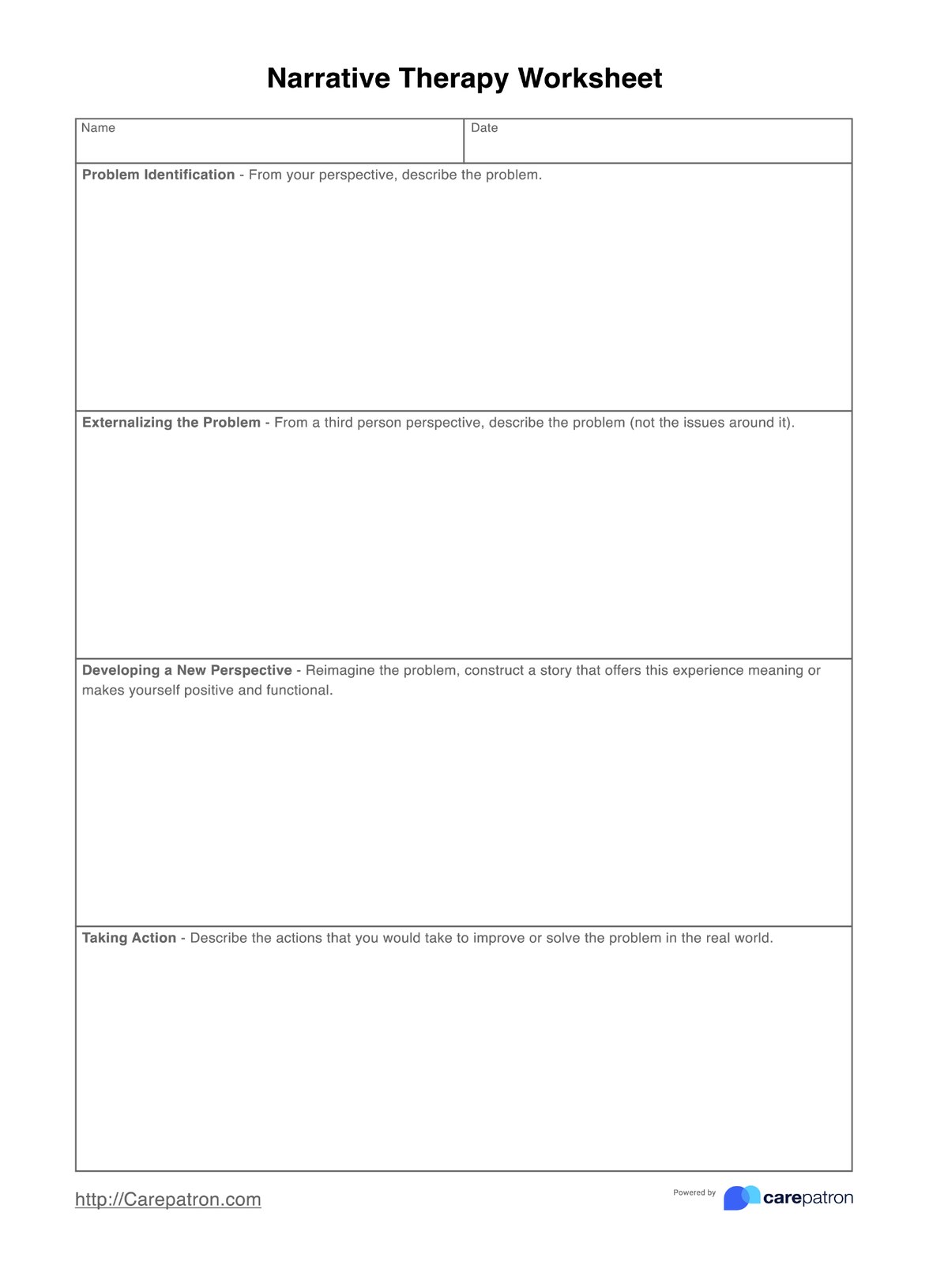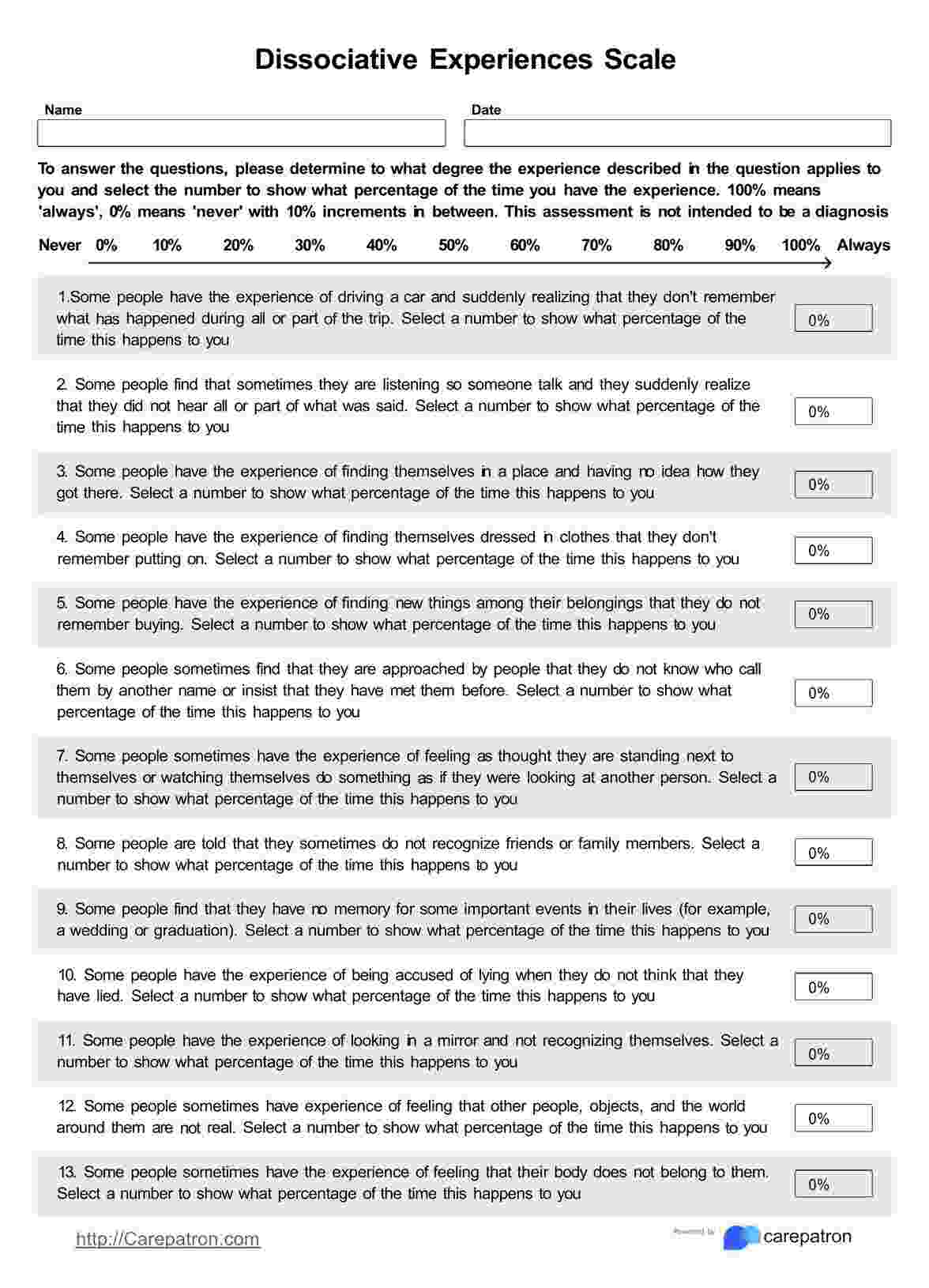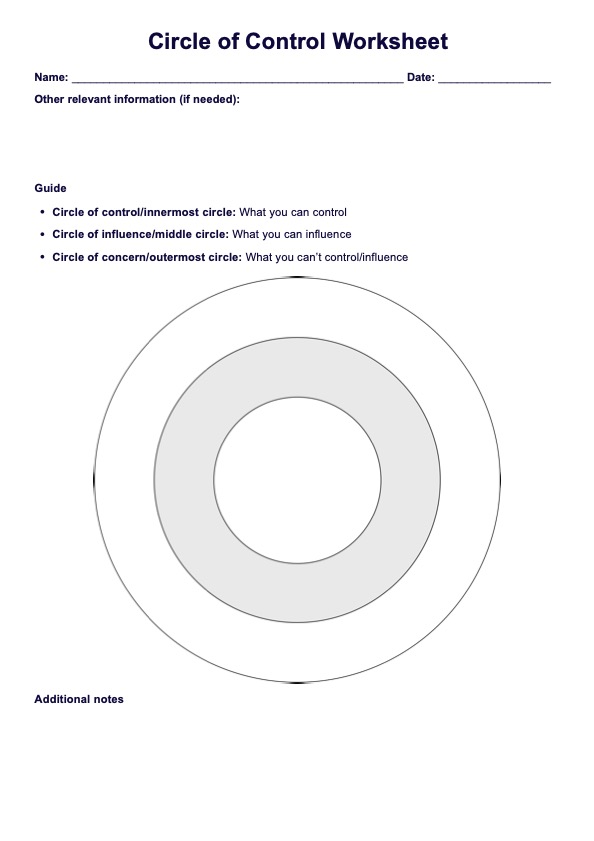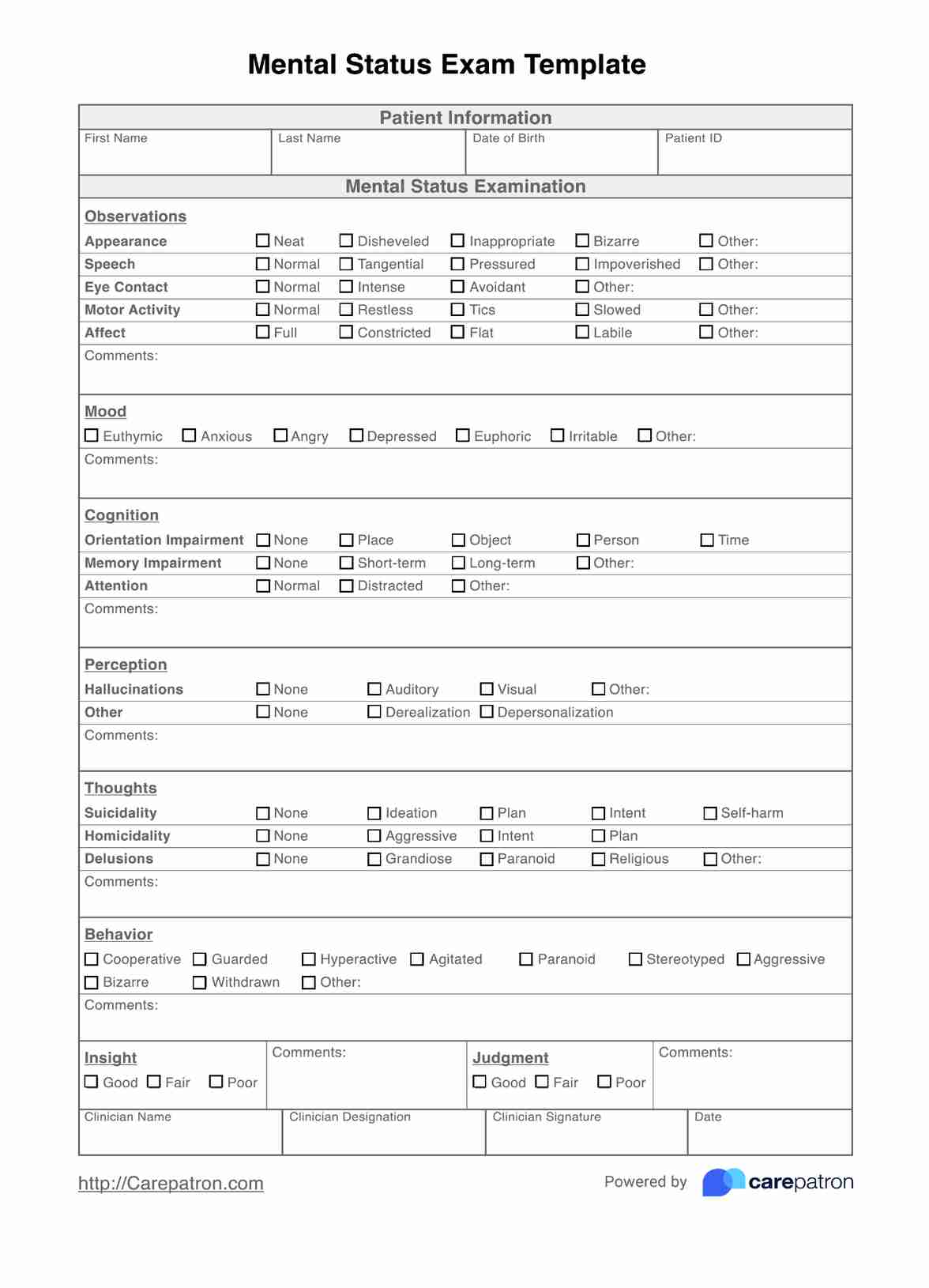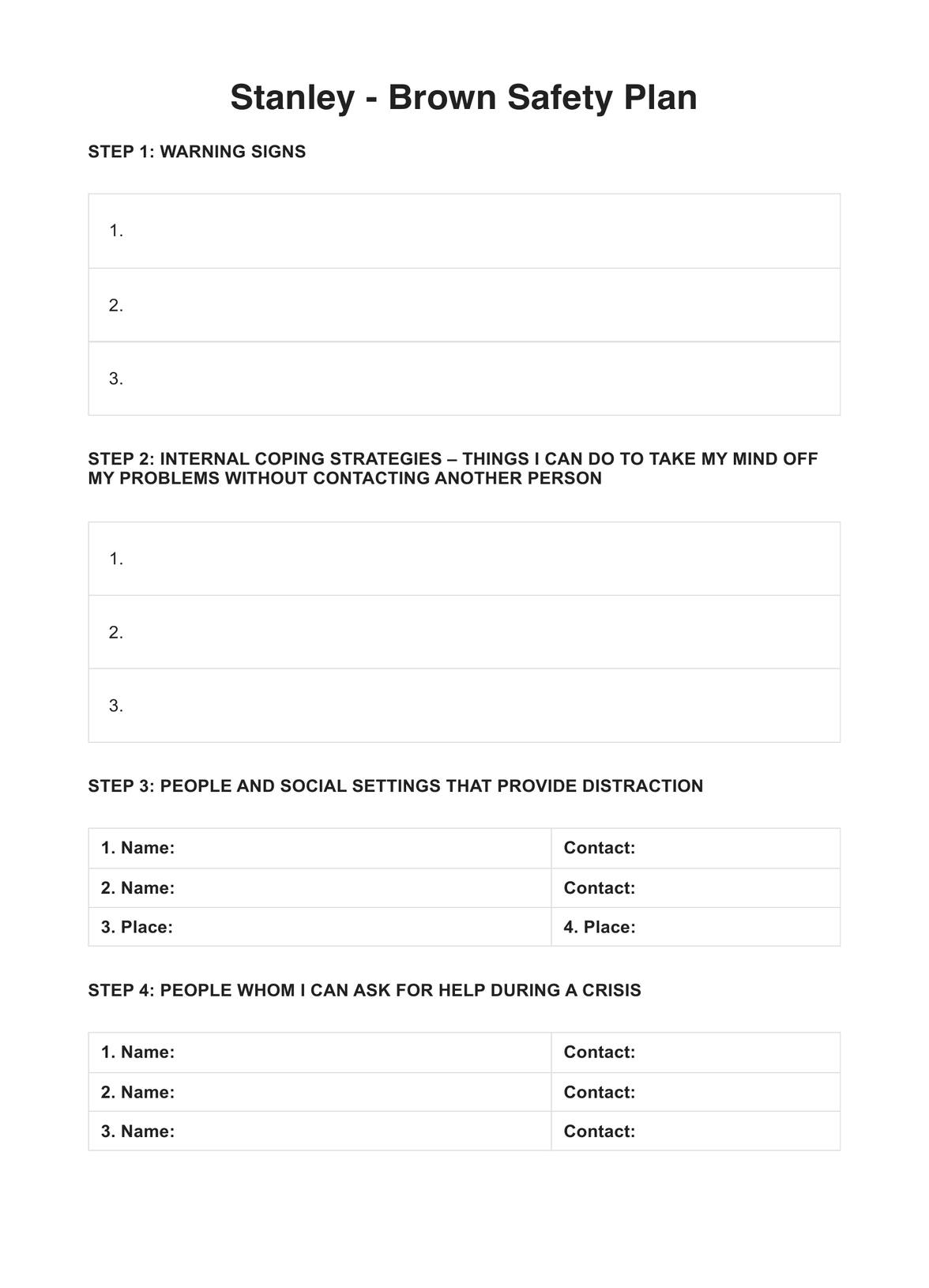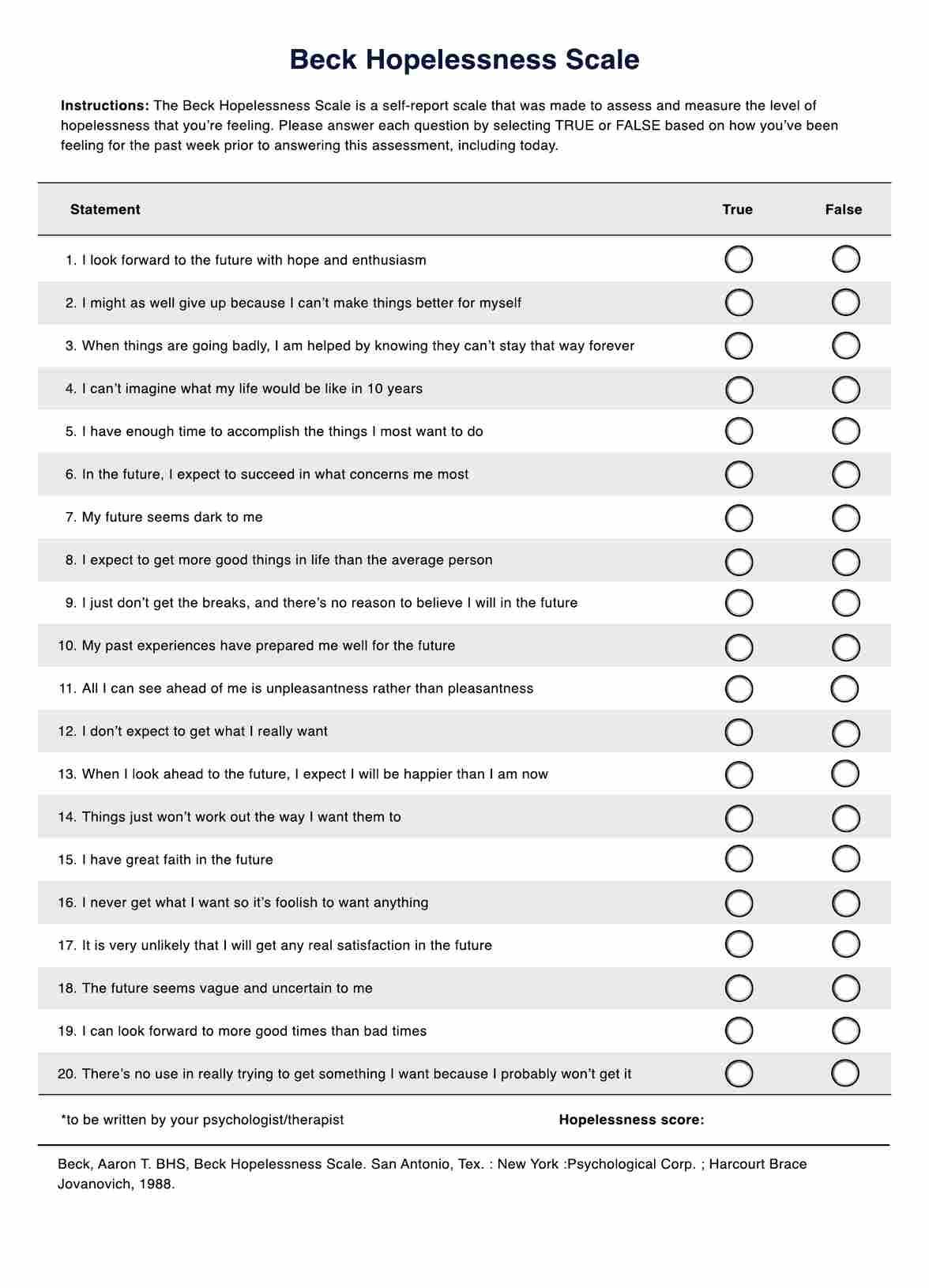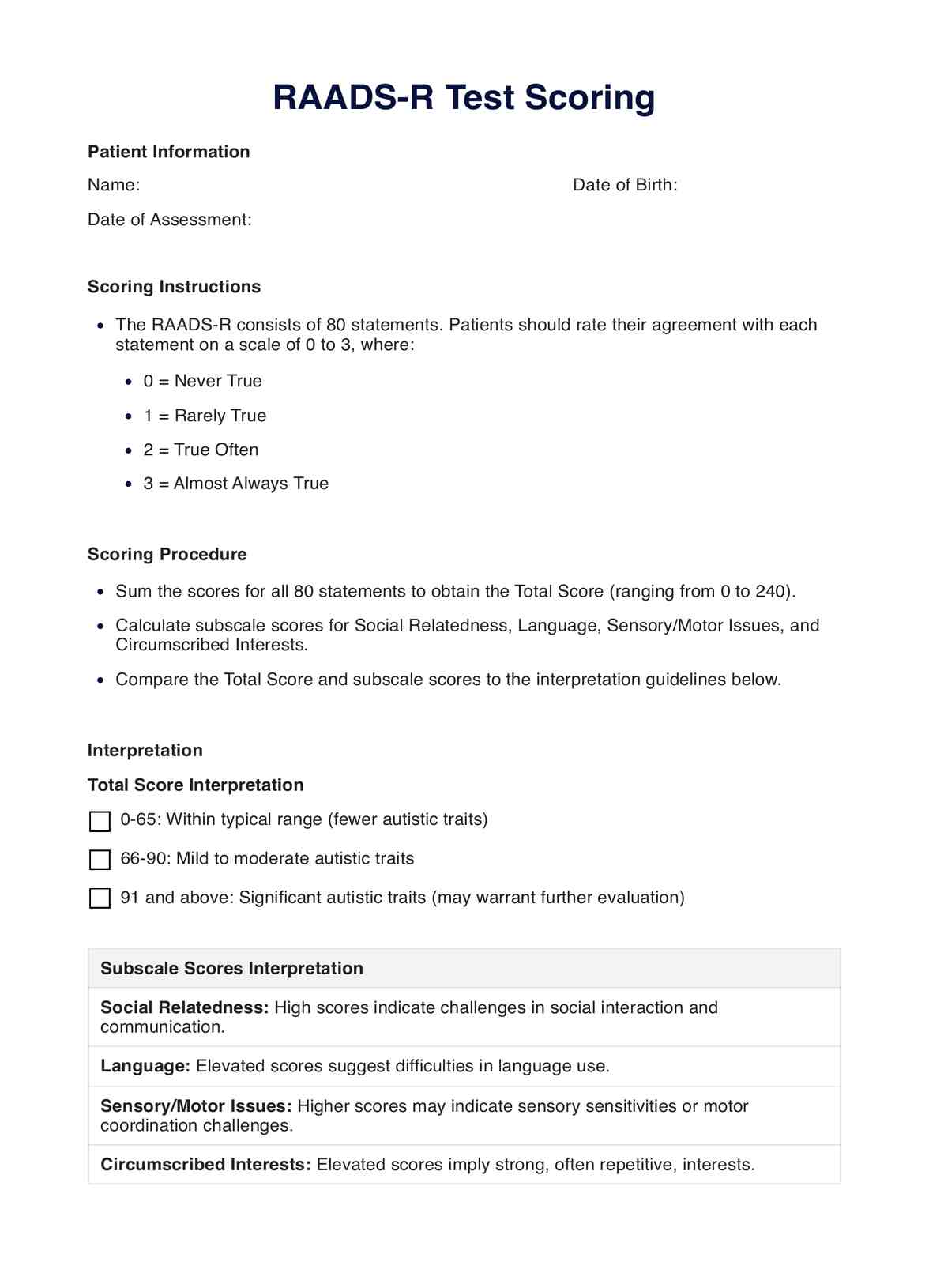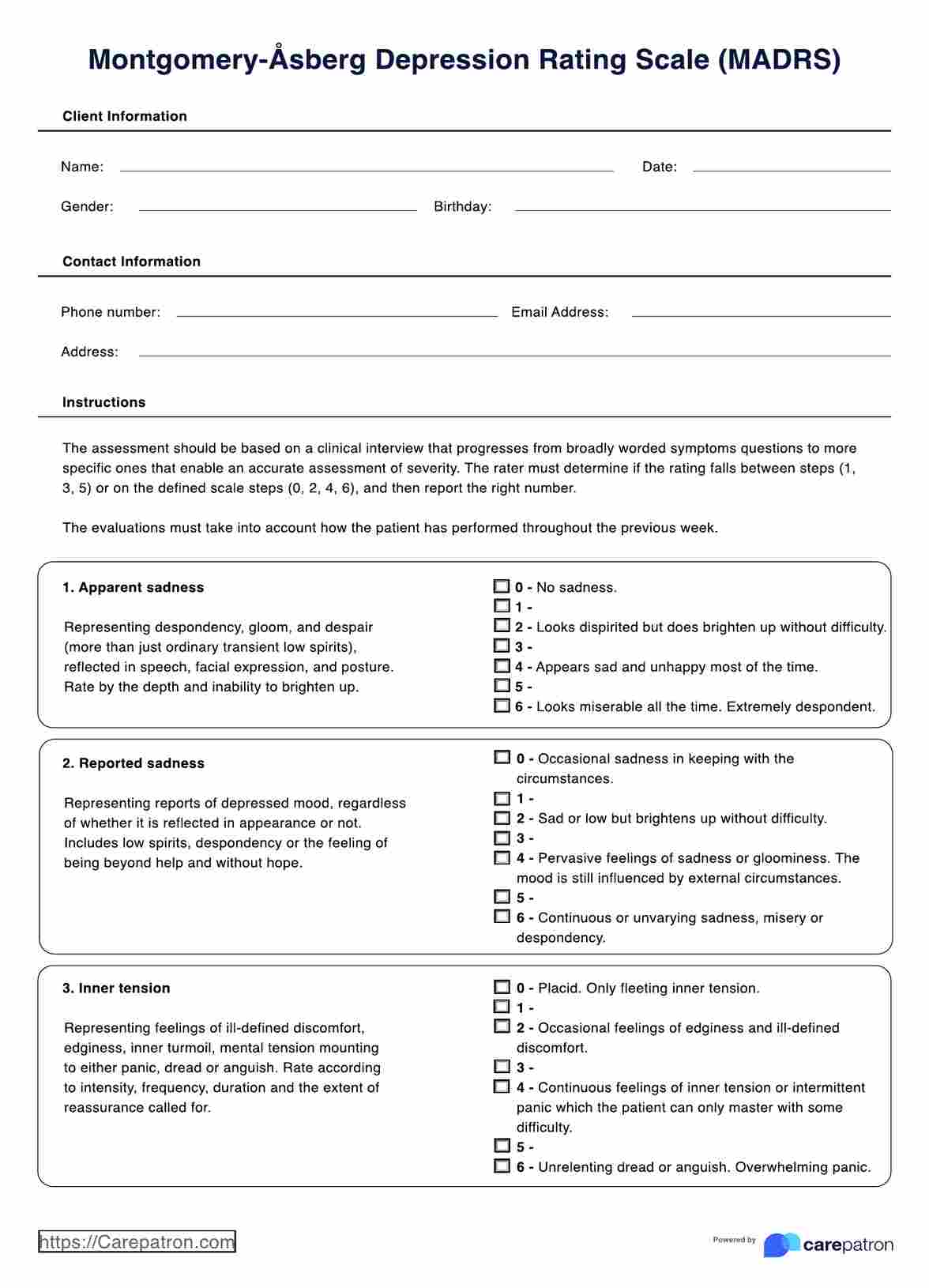SMART Goals Mental Health PDF
Click here to learn more about the benefits of utilizing SMART goal plans for improved mental health!


What are SMART Goals?
SMART goals are specific goals that support an individual in achieving their desired outcomes. SMART stands for:
- Specific
- Measurable
- Achievable
- Relevant
- Time-bound
You guessed it! An individual designs these goals to encompass a lot of information. SMART goals support individuals in taking pride in their overall goals and as a motivation source for completion. Within the differing SMART goals aspects, individuals can elaborate on the specific reasons they decided on this goal. SMART goals can contribute positively to an individual's daily routine and keep track of their mental health.
You can navigate the Carepatron website to filter through our previous work on SMART goals. In this section, we focus on how SMART goals work to support patients to thrive within their mental health journey, unlock better treatment plans and counseling sessions, and even tackle mental health issues.
SMART Goals Mental Health PDF Template
SMART Goals Mental Health PDF Example
Why are SMART Goals important for improving positive mental health?
The reasons for utilizing SMART goals for improving mental health are the same as using them for any aspect of an individual's life! The most important reason is that SMART goals contribute to motivation and resistance to stop working towards goals.
SMART goals allow individuals to become specific with their goals. Getting down to what they want to achieve can help patients design a clear path to stay motivated and determine their ability to make ideas work for them.
Secondly, SMART goals are measurable goals. These goals can be identified in a way that tracks the overall progress. This can support individuals to feel stronger and more motivated to complete tasks associated with their overall goals.
These types of goals are also achievable objectives. It can be difficult when there is too much to focus on or an individual struggles to know what to focus on. It may be helpful for individuals to determine smaller goals that can support an overall goal. This way, individuals may be more inclined to stick with their habits and feel less disappointed if they fail.
The great thing about SMART goals is that they are relevant to an individual. This means that mental health issues can be directly addressed and cared for under SMART goals. Goals determined specifically for the individual can support positive mental health in the idea that patients are working towards personal goals that are important to them.
Finally, SMART goals can positively support mental health as they are time-bound. This can support individuals in knowing whether they are almost reaching their goals or need more time.
Setting Goals for mental health
Setting goals for mental health can improve both sides of the therapeutic relationship. Open goals that encompass a lot of information help with the success of therapy sessions and establish a common understanding of where the patient wants to be within their mental health treatment. Both long-term and short-term goals can be achieved through therapeutic acknowledgment of SMART goals.
How to use this PDF resource
Here at Carepatron, we're dedicated to supporting mental health practitioners in achieving objectives. That's why we have created an easy-to-use worksheet and step-by-step instructions that allow you to give the best instructions to your patients.
Step One: Download the worksheet
You can do this by navigating to the templates page on the Carepatron website. You can download the SMART Goals Mental Health PDF from here and begin using it within your sessions.
Step Two: Fill in the template
You can either work with your client in session to complete this template or give this as a homework task. Depending on how you decide to administer this task, you may need to support your clients in both ways as they fill out the template. It may be appropriate for you to suggest some smart goal examples during this step.
Step Three: Review and adjust
Reviewing and adjusting what your client is working on for their SMART goals is a good idea. Completing a review session can support clients in being honest about their SMART goals and whether or not they are appropriate for their overall mental health goals.
Step Four: Discuss with the patient
Therapy is all about talking! It's good to practice open discussions about SMART goals within the mental health field and how they can benefit the patient's journey. It's also a good idea to discuss how the goal completion is going during upcoming therapy sessions to make sure everything is running smoothly.
Benefits of setting goals
Setting goals has various benefits, not only during the day, week, month, or year but also within life's mental health aspect. Here are just a few benefits:
Provides a clear focus
Whether an individual is setting small goals or SMART goals, overall goal setting can provide a clear focus on what they want to achieve. When a clear focus is obtained, individuals can openly track progress. According to Gee (2023), goal setting can be an effective method that individuals can utilize to monitor progress and work purposefully towards overall mental health goals.
Set objectives for a patient's physical health
Setting goals can also support individuals in their physical health. Often, mental health and physical health can go hand-in-hand. For example, it may be that an individual who is living with a mental illness that takes away from their time outside no longer participates in regular physical activity. Goal setting can support individuals in getting back out there, ultimately supporting their mental well-being.
Create goals for lifestyle changes
Goal setting can be beneficial for individuals who are willing and want to make lifestyle changes. Individuals who are living with substance abuse may benefit from this effective tool when it comes to discovering achievable goals. These goals can be long-term or short-term goals that work together to prove a measurable outcome for the individuals.
Plan interventions and therapies
Goal setting is a pivotal part of mental healthcare. Therapy includes various aspects of goal planning to get to a desired outcome. For example, individuals who are struggling with depression, stress, and anxiety challenges might feel a sense of relief when completing the worksheet dedicated to their goals for their mental health conditions. This may be due to their full understanding of their goals.
Makes the therapy process easier
Making SMART goals can often benefit individuals who are undergoing therapy. When there is a clear goal in mind, individuals may be more inclined to work towards completing their personal goals. However, setting goals does not only benefit the individual. It can support the mental health professional facilitating the therapy sessions. Riopel (2019) suggests that setting smart goals can help therapists unveil underlying mental health issues and the client's personal growth. This can support easier therapy sessions dedicated to tailored approaches.
Helps break down complex goals into achievable steps
Overall, SMART goals support individuals in looking at their large goals as easily achievable objectives. Goals related to maintaining good mental health may seem unachievable or too large to comprehend. However, SMART goals can support individuals in breaking down the steps relevant to the overall goal and help them aim to complete specific, measurable goals that all add up.
Research and evidence supporting goal-setting in mental health
A review completed by Stewart et al. (2022) concluded that goal setting in mental healthcare improves individual outcomes. Goal setting is an incredibly important aspect of the counseling framework that allows both the client and practitioner to communicate overall desired outcomes. Research by Stewart et al. (2022) also supports the idea that future work is needed to understand further the complexity of goal setting within the therapeutic setting.
References
Gee. (2023, September 8). Goal-Setting and Focus and Concentration. Medium. https://medium.com/@GreenGeeLu/goal-setting-and-focus-and-concentration-739af27b0761#:~:text=Setting%20goals%20provides%20individuals%20with
Riopel, L. (2019, April 10). Goal Setting in Counseling and Therapy (Incl. Workbooks & Templates). PositivePsychology.com. https://positivepsychology.com/goal-setting-counseling-therapy/#:~:text=Setting%20goals%20can%20also%20give
SMART Goals. (2023). Mind Tools. https://www.mindtools.com/a4wo118/smart-goals
Stewart, V., McMillan, S. S., Hu, J., Ng, R., El-Den, S., O’Reilly, C., & Wheeler, A. J. (2022). Goal Planning in Mental Health Service delivery: a Systematic Integrative Review. Frontiers in Psychiatry, 13. https://doi.org/10.3389/fpsyt.2022.1057915
Commonly asked questions
Anyone willing to complete this task can utilize this worksheet. It can be beneficial for those who are setting goals within their mental health journey.
It should roughly take 15 to 30 minutes to complete this task. You want to fill out each section thoroughly to get the best outcome.
It pays to check in with your therapist or client about using the SMART goals option during therapy. It can be a beneficial option for you, although it may be helpful later on or down the line in your mental health journey.


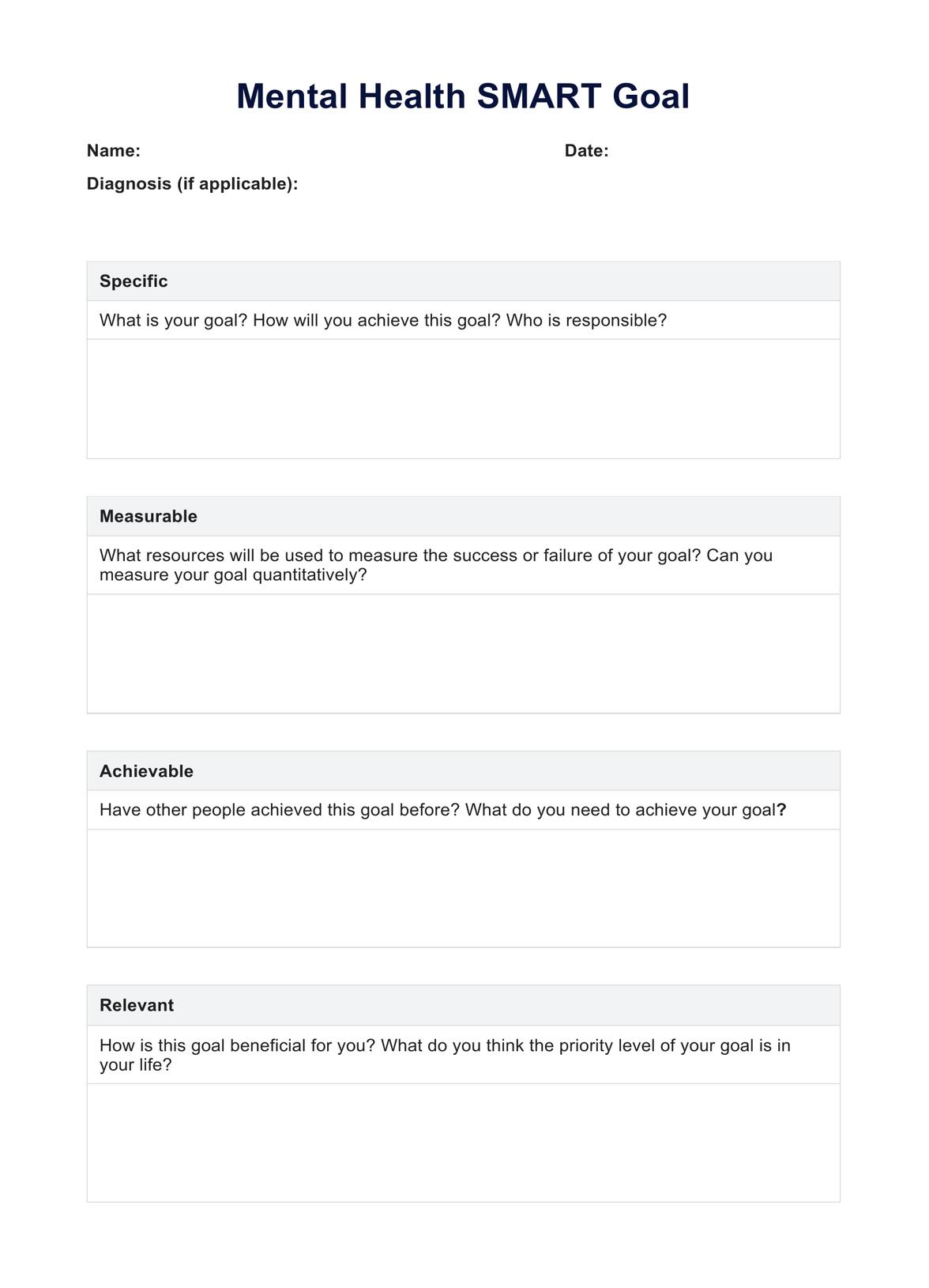
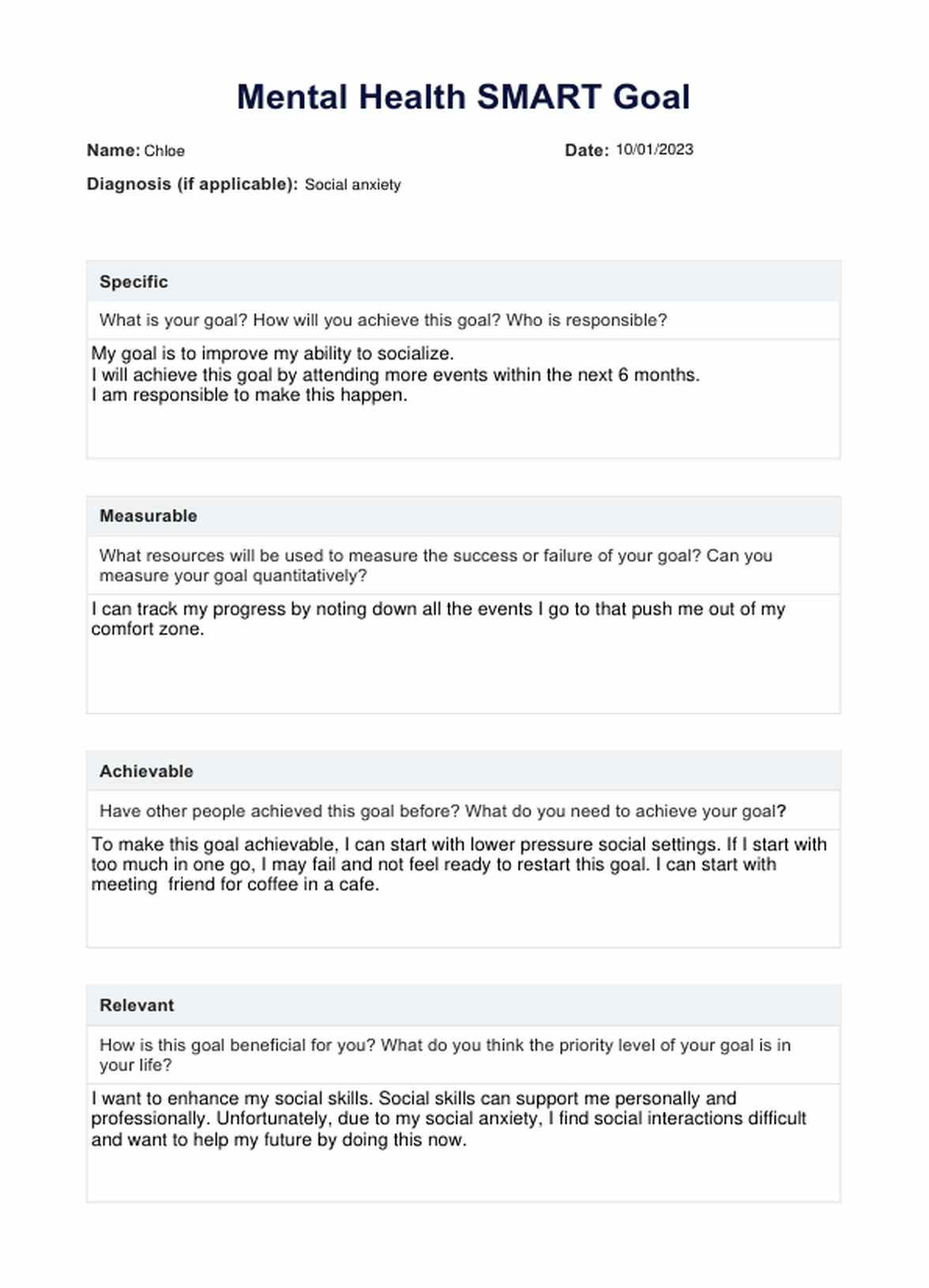

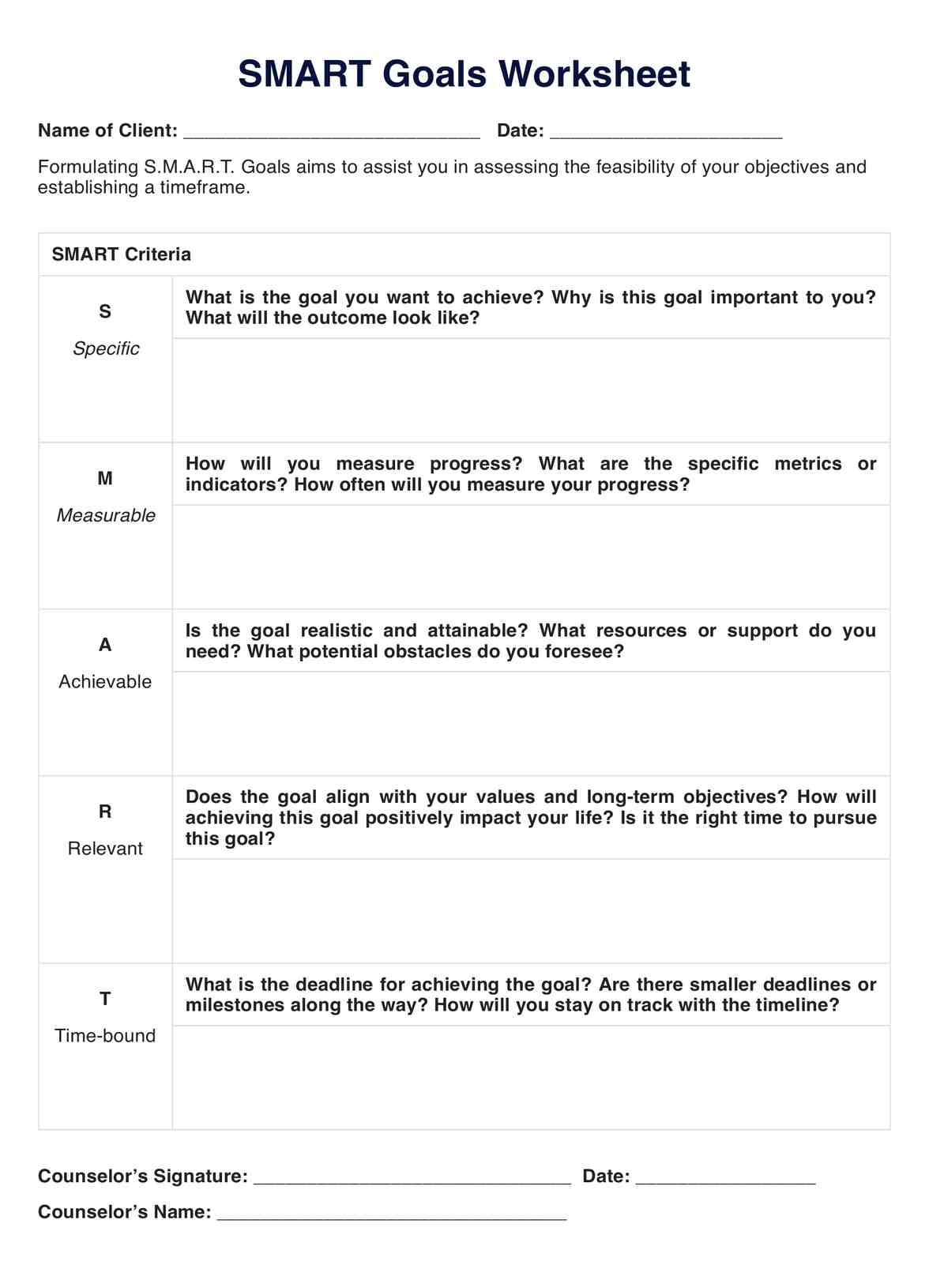
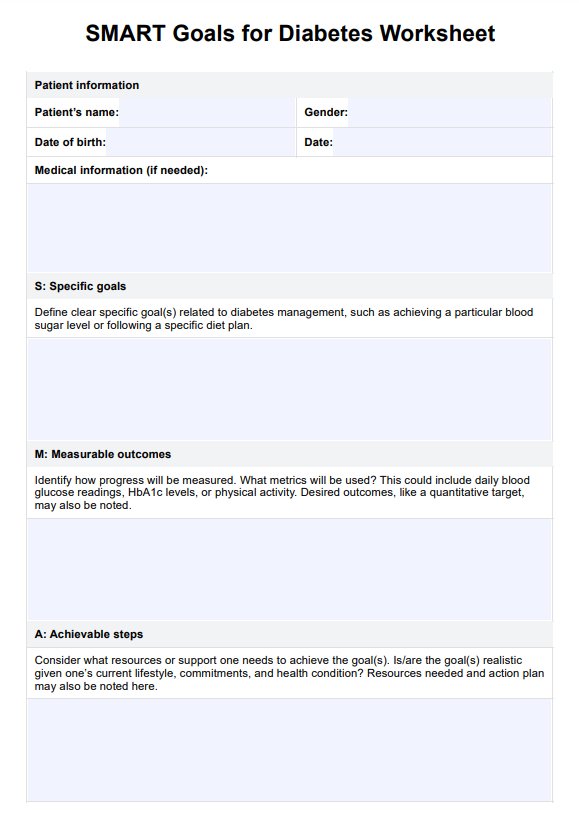
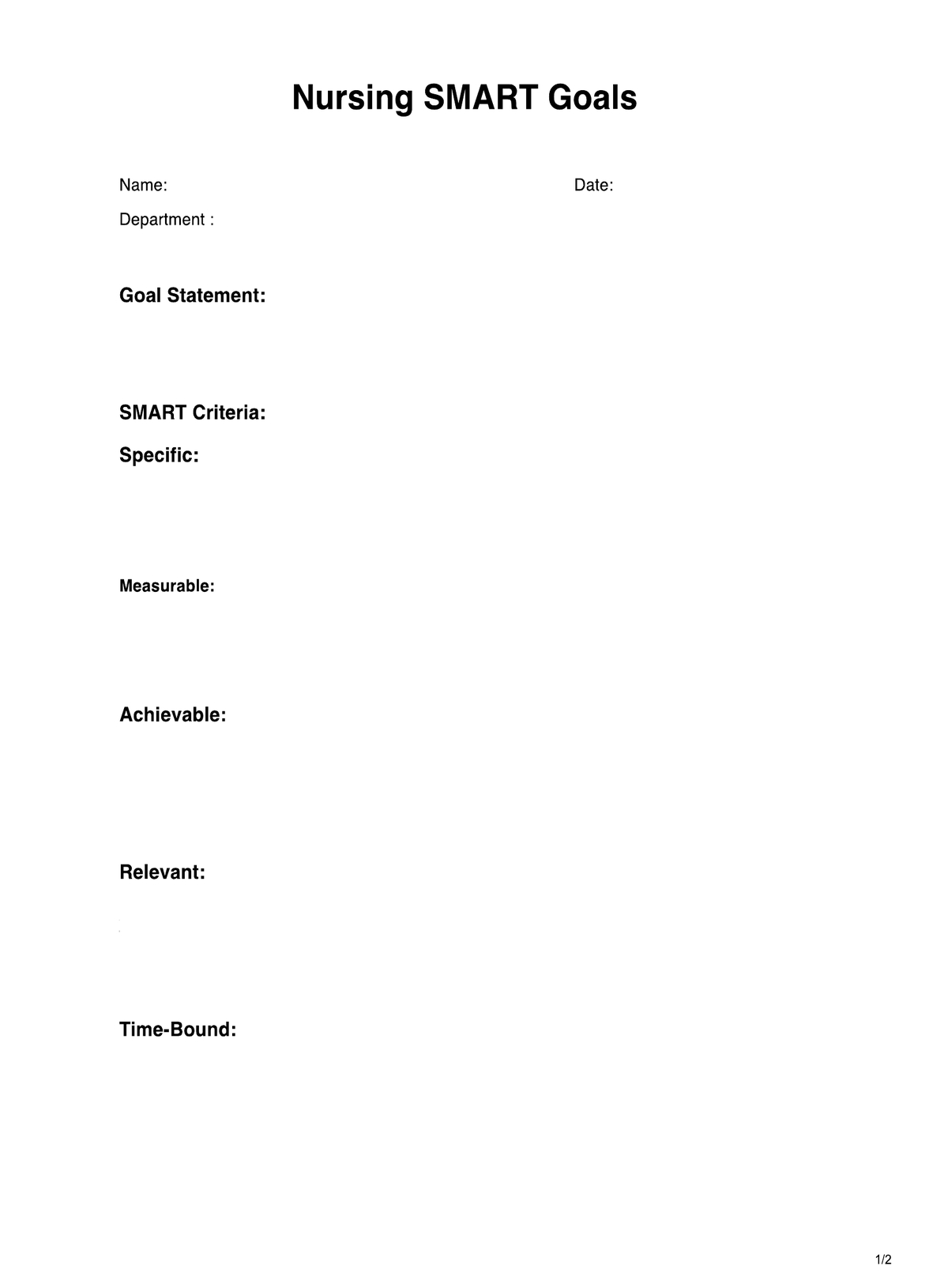
















-template.jpg)



















































































